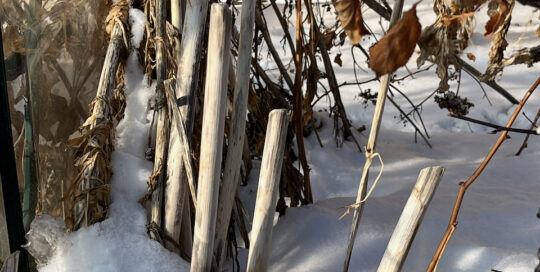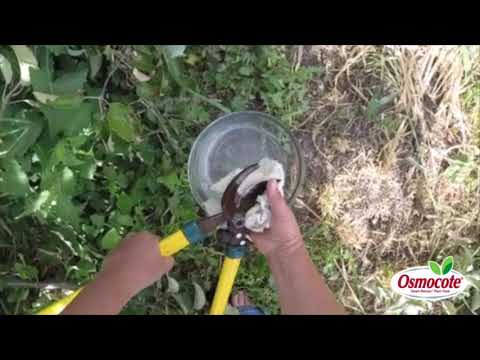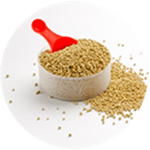How to Dispose of Pesticides, Herbicides, and Fertilizers
Views: 17206
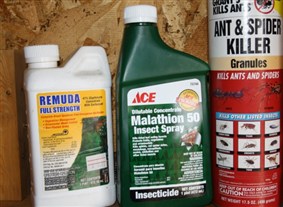
Recently an elderly friend of mine acquired a pile of gardening supplies, including chemical fertilizers and pesticides, which one of the residents in her condominium complex gave to her when she moved. I ended up inheriting it because my friend wasnt sure what to do with it or how to dispose of these chemicals. This led me to a frequent question I receive, What do I do with this stuff?
How to Handle Pesticides
It’s a good question, but I really want to take a few steps back to discuss how to handle these toxic items from the get go.
The first thing that I need to stress is to keep pesticides in their original containers. I’ve been in many old barns over the years, and am always concerned when I see bottles, jars, or other containers marked with herbicide or pesticide names. Not only does it eliminate the labels that show the warning, or make it more appealing for kids to take a swig out of a pop bottle that doesn’t have soda in it, I always wonder how the guy remembers how much to mix.
I know I couldn’t remember. I’m sure people do it when they buy a big container of something and share it. For example, Curtail is an herbicide that is approved for use on pastures where horses or other livestock are kept, and it frequently comes in 2 gallon containers. If someone needed to treat just a small area, I could see a friend giving them a small amount instead of having them buy a big jug for a lot of money. Practically, I can see why it happens, but it’s a dangerous habit.
Disposing of Toxic Chemicals
When it comes to disposing of anything you didn’t use or you no longer want, you don’t want to pour it down the drain or in a nearby storm sewer. That either runs into your septic (and might cause suspicion when all of the grass above the drain field dies), or into the water system of your entire community.
If there are problems with the birth control, antidepressants, and other medications people are using and ultimately eliminating naturally think about the potentially devastating effects pouring pesticides or herbicides could do. Along that same line of thought, you don’t want to just toss the chemicals into the trash, either, because you potentially endanger those who are handling it. Plus, landfills really aren’t the place to put the stuff. It just makes it a nastier bit of land.
The first option, such as in this recent occurrence, is to find a new home for it. Although Im not going to use the Malathion (an insecticide) and other chemicals I picked up, I have a friend who might. Ill ask her before I do anything else with it.
Other Options
If I cant give it away, I’ll call the county landfill to see when they have a date or time to drop off hazardous waste materials. Some counties have it available every day, others set aside specific times. Call your county disposal or your local Extension office to see when and where they take care of it.
In Montana, the Department of Agriculture also has special pesticide (not herbicide or fertilizer) pick up dates slated for throughout the year. This is primarily so some of the big farming operations can safely dispose of the chemicals, but homeowners can use it, too, and theyll gladly take a pound as well as 7000 lbs. (which they have!). Check with your own states department of agriculture to see if they have similar programs. When used in the appropriate matter, these types of chemicals can be very useful; however, once their function has passed, its important to properly dispose of them so theyre not a problem for everybody.
Meet Amy Grisak
Amy is a freelance author and photographer in Great Falls, MT who specializes in gardening, foods, and sustainable agriculture. She provides information on every kind…
Amy's Recent Posts
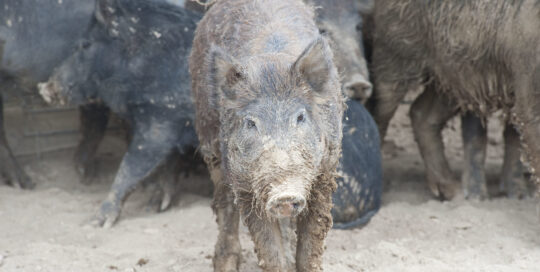
This Little Piggy is a Problem: Dealing with Feral Hogs
